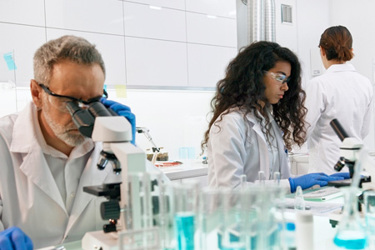Successful Support Of Longer T Cell Expansion Workflows With CTS Dynabeads CD3/CD28 And CTS OpTmizer T Cell Expansion SFM, No Phenol Red

T cell therapy displays immense promise in a multitude of disease states. The fundamental process behind manufacturing these therapies involves isolating cells from the patient (autologous) or a donor (allogeneic), then genetically modifying the cells ex vivo for therapeutic targeting. Once modified, the cell population must be expanded, harvested, preserved, qualified, and finally infused into the patient.
The ongoing shift toward longer workflows associated with allogeneic manufacturing protocols has created interest in understanding the durability of the response elicited by Gibco™ CTS™ Dynabeads™ CD3/CD28 magnetic microbeads over time. We were specifically interested in whether a secondary or “restimulation” was necessary or beneficial to the cells. To this end, the primary T cells from three independent donors were activated with CTS Dynabeads CD3/CD28 and expanded with Gibco™ CTS™ OpTmizer™ T Cell Expansion Serum-Free Medium (SFM), with no phenol red, in longer workflows of 18–20 days. In addition, the impacts of the longer workflow process relating to the maintenance cell density and supplementation schedule were evaluated.
Get unlimited access to:
Enter your credentials below to log in. Not yet a member of Cell & Gene? Subscribe today.
